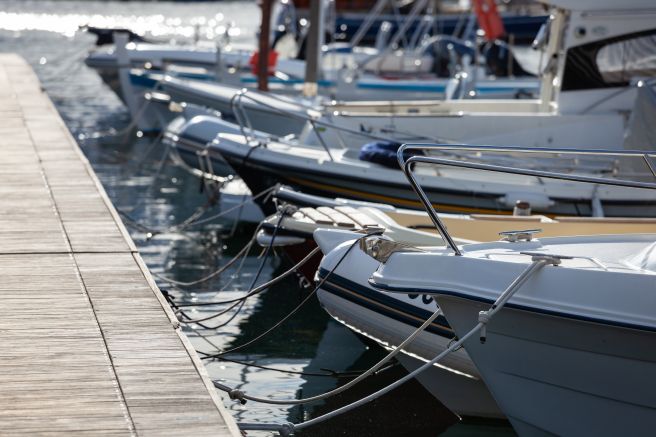Check out these best practices for ensuring the safety of your passengers and maintaining your watercraft.
Stay Docked Until the Ship is Stocked
Maintain a checklist of the supplies kept aboard your vessel. Ensure you have brought essentials, like life vests, a weather radio and a marine first aid kit. Fill your boats’ fuel tank with gasoline containing less than 10% ethanol; and be sure to add the right ratio of marine-specific fuel stabilizer to every fuel tank to avoid engine failure. Disperse equipment and passengers evenly on the boat.
Save The Beer for the Pier
In 2021, the United States Coast Guard cited alcohol use as the #1 primary contributing factor of boating deaths in 2021. Likewise, the U.S.C.G. listed alcohol usage as the 5th primary contributing factor of boating accidents and boating injuries. Operating a water vessel while you have an elevated blood alcohol content puts yourself and everyone around you at a greater risk for injury or death.
If Your Boat Starts to Capsize, Don’t Improvise!
Be smart and educate your crew before setting sail so they are prepared for any situation. Be sure to establish a plan of action for your crew. Review essential emergency procedures, like what to do if someone falls overboard, or if your watercraft begins to capsize. Planning ahead and communicating with your crew, minimizes the risk of you or your crew obtaining injuries or dying in a boating-related accident.
Slow Down and Cruise with Caution
Distractions on the open water can create ample opportunity for major boating mishaps. Statistics from the United States Coast Guard estimate that 4,439 recreational boating accidents took place in 2021. 1,226 of those boating mishaps were attributed to a collision with another recreational vessel, while another 508 were from a collision with a fixed object. Operator inattention was cited as the most common reason for accidents last year.
Keep That Ship On Lock
Prevent pirates from hijacking your precious watercraft! Add a few unique decals to your vessel to differentiate yours from other boats. Snap some pictures of your ship with the decals displayed prominently. If it gets stolen, you will have photographic evidence proving it is yours. Eliminate opportunities for boat theft by attaching multiple locks to your marine vessel. Remember to always lock up your ship any time it’s not in use. Potential pirates seek ships they can steal swiftly and silently. Avoid falling victim to piracy by installing a security system with an obnoxious alarm.
Before bringing your boat to the bay, be sure to register with the Fish and Boat Commission to obtain a title and registration number for your boat. If you take your ship out for a ride and get caught without proper credentials, you will be faced with fines. Furthermore, without the proper registration your water vessel cannot be insured. Having insurance policies for your boat is a prudent way to manage all the riskiness that goes along with sailing the high seas. Just know that when your ship is covered by insurance, you can rest a-shored that many boating incidents will be water under the bridge
https://www.resourcecenterinc.com/what-do-do-if-your-boat-is-stolen/

